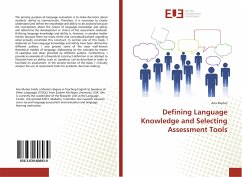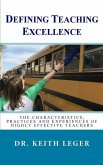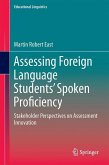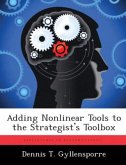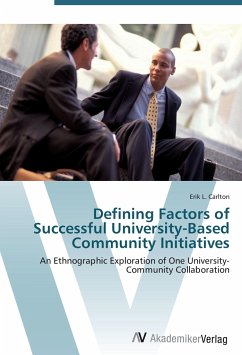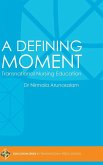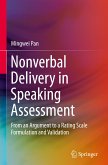The primary purpose of language evaluation is to make decisions about students' ability to communicate. Therefore, it is necessary to clearly understand and define the knowledge and ability to be assessed because the conceptions about the nature of language knowledge and ability will determine the development or choice of the assessment methods. Defining language knowledge and ability is, however, a complex matter mainly because there are many terms and conceptualizations regarding what actually constitute this construct. In section one of this book, I elaborate on how language knowledge and ability have been defined by different authors. I also present some of the most well-known theoretical models of language, elaborating on the concepts by means of examples and ideas provided by different authors. Furthermore, I provide an example of a theoretical construct definition in an attempt to illustrate how an ability, such as 'speaking' can be described in order to facilitate its assessment. In the second section of the book, I critically analyze the use of assessment tools for academic decision-making.
Bitte wählen Sie Ihr Anliegen aus.
Rechnungen
Retourenschein anfordern
Bestellstatus
Storno

